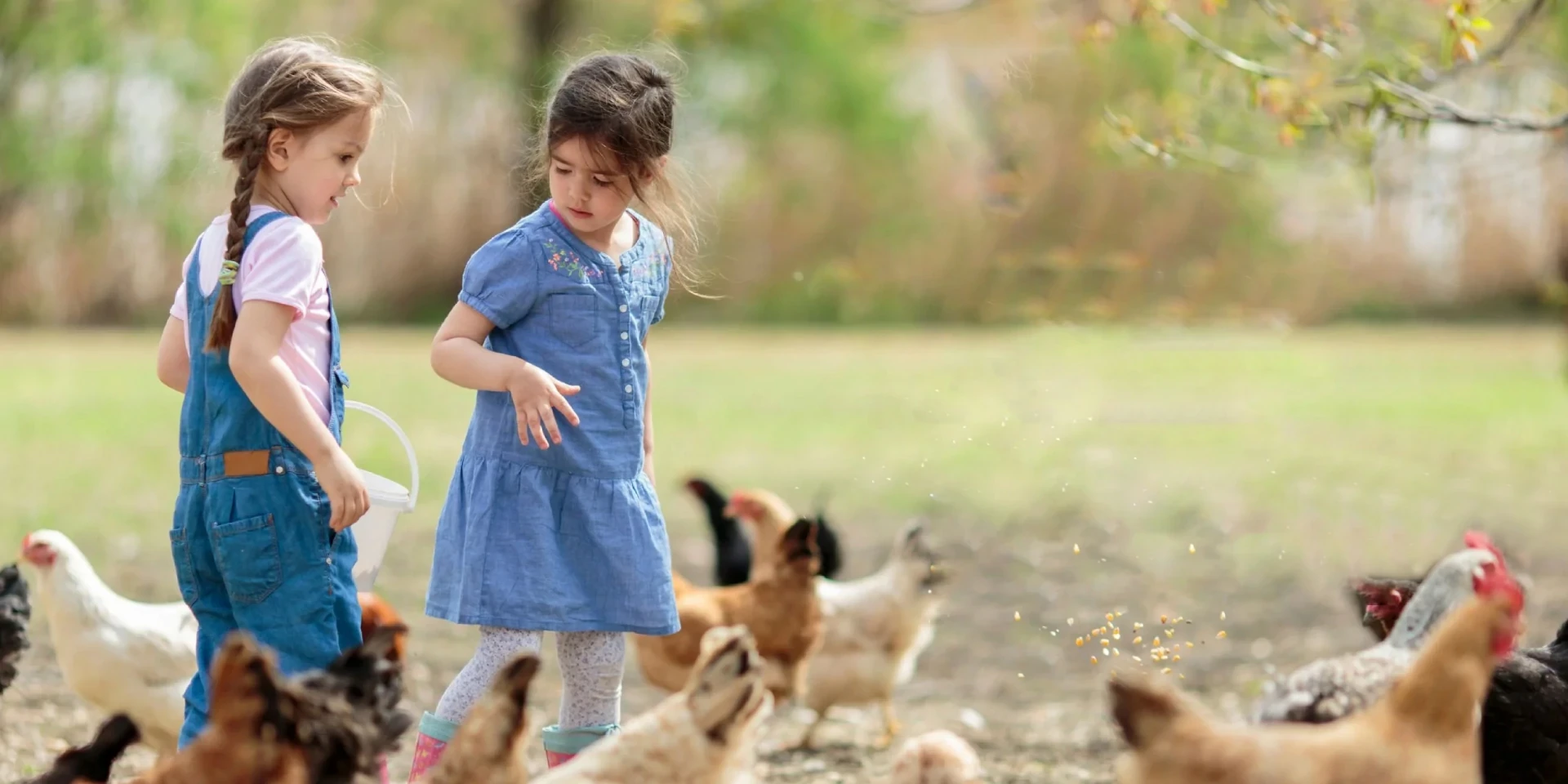- Afrikaans
- Albanian
- Amharic
- Arabic
- Armenian
- Azerbaijani
- Basque
- Belarusian
- Bengali
- Bosnian
- Bulgarian
- Catalan
- Cebuano
- Corsican
- Croatian
- Czech
- Danish
- Dutch
- English
- Esperanto
- Estonian
- Finnish
- French
- Frisian
- Galician
- Georgian
- German
- Greek
- Gujarati
- Haitian Creole
- hausa
- hawaiian
- Hebrew
- Hindi
- Miao
- Hungarian
- Icelandic
- igbo
- Indonesian
- irish
- Italian
- Japanese
- Javanese
- Kannada
- kazakh
- Khmer
- Rwandese
- Korean
- Kurdish
- Kyrgyz
- Lao
- Latin
- Latvian
- Lithuanian
- Luxembourgish
- Macedonian
- Malgashi
- Malay
- Malayalam
- Maltese
- Maori
- Marathi
- Mongolian
- Myanmar
- Nepali
- Norwegian
- Norwegian
- Occitan
- Pashto
- Persian
- Polish
- Portuguese
- Punjabi
- Romanian
- Russian
- Samoan
- Scottish Gaelic
- Serbian
- Sesotho
- Shona
- Sindhi
- Sinhala
- Slovak
- Slovenian
- Somali
- Spanish
- Sundanese
- Swahili
- Swedish
- Tagalog
- Tajik
- Tamil
- Tatar
- Telugu
- Thai
- Turkish
- Turkmen
- Ukrainian
- Urdu
- Uighur
- Uzbek
- Vietnamese
- Welsh
- Bantu
- Yiddish
- Yoruba
- Zulu
Nov . 11, 2024 19:00 Back to list
what kills coccidia in dogs
What Kills Coccidia in Dogs? Understanding Treatment and Prevention
Coccidia are microscopic parasites that can infect the intestinal tracts of dogs, leading to a condition known as coccidiosis. These parasites, most commonly belonging to the genus Isospora, can cause significant health issues, especially in puppies and immunocompromised dogs. Understanding what kills coccidia in dogs is essential for pet owners to ensure their furry companions stay healthy and thrive.
Understanding Coccidia Infection
Coccidia are transmitted through the fecal-oral route. Dogs can become infected by ingesting oocysts, the infectious form of the parasite, which can be found in contaminated food, water, soil, or surfaces. Symptoms of coccidiosis can vary based on the severity of the infection but commonly include diarrhea (which may be bloody), vomiting, dehydration, weight loss, and lethargy. Puppies are particularly vulnerable due to their underdeveloped immune systems.
Diagnosis of Coccidia
If a dog shows signs of gastrointestinal distress, a veterinarian can perform a fecal examination to detect the presence of coccidia oocysts. Prompt diagnosis is crucial as early intervention can lead to more effective treatment and a quicker recovery.
Treatment Options
Once diagnosed, several effective treatment options exist for combating coccidia in dogs. The primary medications prescribed include
1. Sulfonamides Sulfadimethoxine is the most commonly prescribed sulfonamide for treating coccidia infections in dogs. It works by inhibiting bacterial growth and disrupting the parasites' ability to reproduce.
3. Monensin Although primarily used in ruminants, in some cases, monensin has been utilized for severe cases of coccidiosis in dogs, but it should be administered cautiously under veterinary guidance.
what kills coccidia in dogs

4. Supportive Care Alongside medication, supportive treatment is vital. This may include rehydration therapies, electrolyte supplementation, and a bland diet to help restore digestive health.
It is important to follow the veterinarian's instructions carefully regarding dosage and duration of treatment to ensure complete eradication of the parasite and prevent potential resistance.
Preventing Coccidia Infection
Prevention plays a crucial role in managing coccidia infections. Here are several effective strategies pet owners can adopt
1. Maintain Clean Living Environment Regularly clean and disinfect areas where dogs play and spend time. This includes promptly removing feces, which can contain oocysts that threaten other pets.
2. Avoid Overcrowding Coccidia spread more easily in environments where many dogs congregate, such as kennels or dog parks. Keeping your dog away from these crowded spaces, especially if they are young or unvaccinated, can reduce the risk of infection.
3. Proper Hygiene Wash hands thoroughly after handling dogs or cleaning their living spaces to prevent the spread of infections.
4. Regular Vet Check-ups Regular visits to the veterinarian can help catch any signs of infection early. Routine fecal exams can detect coccidia even before symptoms appear.
5. Vaccination and Nutrition While there is no specific vaccine for coccidia, ensuring dogs are up-to-date on their vaccinations and providing a balanced diet can help strengthen their immune systems and reduce susceptibility to infections.
Conclusion
Coccidia infections can cause serious health issues in dogs, but with appropriate treatment and preventive measures, pet owners can manage and reduce the risks effectively. Understanding what kills coccidia in dogs, primarily through the use of targeted medications and supportive care, is crucial for fostering good health in canine companions. By maintaining a clean environment and ensuring routine veterinary care, pet owners can help ensure that their furry friends remain happy, healthy, and free from the threat of coccidia. Always consult with a qualified veterinarian for specific concerns regarding your dog's health or if symptoms of coccidiosis appear.
-
Guide to Oxytetracycline Injection
NewsMar.27,2025
-
Guide to Colistin Sulphate
NewsMar.27,2025
-
Gentamicin Sulfate: Uses, Price, And Key Information
NewsMar.27,2025
-
Enrofloxacin Injection: Uses, Price, And Supplier Information
NewsMar.27,2025
-
Dexamethasone Sodium Phosphate Injection: Uses, Price, And Key Information
NewsMar.27,2025
-
Albendazole Tablet: Uses, Dosage, Cost, And Key Information
NewsMar.27,2025













